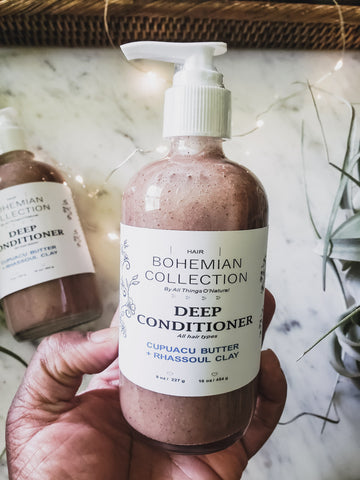By Dominique Harris
on September 07, 2016
With 0 comments

Ahh, the joy of home hunting... I think?! House hunting can be stressful, annoying, exciting, joyful, draining, peaceful, all at the same time. And just when you think you've found THE house, a jager bomb hits!! Theoment you think youre going to be closing on your dream home soon only to find that the home inspection didn't turn out quite as you dreamed. When I first purchased a home, I was 20 years old and I was talked into it by a friend because this friend, who was in real estate expressed that This Home, in this area, would appreciate significantly within 5 years...Turns out, he was right, but oh man the issues I had with my 50s ranch style home was more than hectic. And...I was never told about a home inspection, I blame it on my impulsive, youthful ignorance. There were nightmares with the plumbing, electrical and there was no central air..yikes! Well, I owned that home for 11 years and despite all of the tornadoes, I absolutely loved that house. I put a lot of work into it and found a passion for Interior Design, which was what my 2nd degree was majored on. So, let's fast forward to the present, my husband and I are in the process of closing on a home and we are exhausted, excited, thrilled and ready for it to be over. As older home buyers, we understand wish lists, must haves, and what we can live without...for the moment...teehee! So for those who are in the process of house hunting, thinking of beginning the process of house hunting or perhaps looking to buy in the future, I want to share some tips when going through a home inspection.
I would first like to say, we had an extremely thorough home inspector. It took about 2-1/2 hours to 3 hours to complete and yes, you're on pins and needles while in the process. I highly encourage any person looking to buy a home to invest in a home inspection..please please please, do that! OK, so here are some tips for ya and as always, I hope they prove helpful during your house hunting adventure.

15 THINGS TO LOOK FOR DURING HOME INSPECTIONS:
1. Check all electrical outlets to ensure they work. The home inspector will more than likely do this, but we did it as well to double check.
2. Open all windows to ensure they open and function. Ok, so remember that first home I was telling ya about above, the windows were painted...shut! Took a minute to pry open.
3. Look for cracked tiles, stained carpets or stains on the walls
4. Check the age of the appliances and make sure they work. Test the oven and burners to ensure they all work.
5. Start the dishwasher at the start of the inspection. By the end, it should have gone through the entire cycle without leaking.
6. Ask the seller and the seller's agent if they know about any hidden defects that are not visible. They must answer truthfully if asked.
7. Flush every toilet and see whether it stops running after its filled.
8. Check every sink, tub and shower. Is there proper water flow from each faucet. Does everything drain properly.
9. Check under the water heater for stains or leaks.
10. Turn on all the faucets at the same time, then flush the toilet to see whether the water pressure slows or stops in any sink.
11. Check the age of the air conditioning unit. When was it last serviced. Is there sufficient air reaching all rooms.
12. Have your inspector check for broken or cracked shingles while upon the roof and if there is a chimney, be mindful of patch areas around the chimney. Also, ask the age of the roof.
13. If the home has a finished or unfinished basement, be mindful if the smell, does it smell damp. Check the doors to make sure they open and close properly. Doors that have a hard time opening and closing in below grade basement areas could signify moisture issues. Check for moist areas which could signify mold issues. You may want to consider a separate inspection for mold or termites, as they may not be visible to the home inspector. What may cost a little upfront, could save you thousands in the long run.
14. Look at the electrical outlets to see if they are 2 or 3 prong. 2 prong outlets could signify older electrical systems that are outdated and not up to code.
15. If an addition was added, ask if any upgrades to the heating and cooling system to accommodate the addition.
BONUS: Consider looking into an after sale warranty protection. Many of these warranties on the market will generally cover problems with electrical, plumbing, heating and cooling as well as major appliances. Be sure to ask about deductibles and what's excluded.
🌟🌟🌟Remember, these are super helpful with negotiating pricing on a home and saving you major money, time and headache in the long haul. Now, go, my friends, and conquer your dream home 😊

















Comments